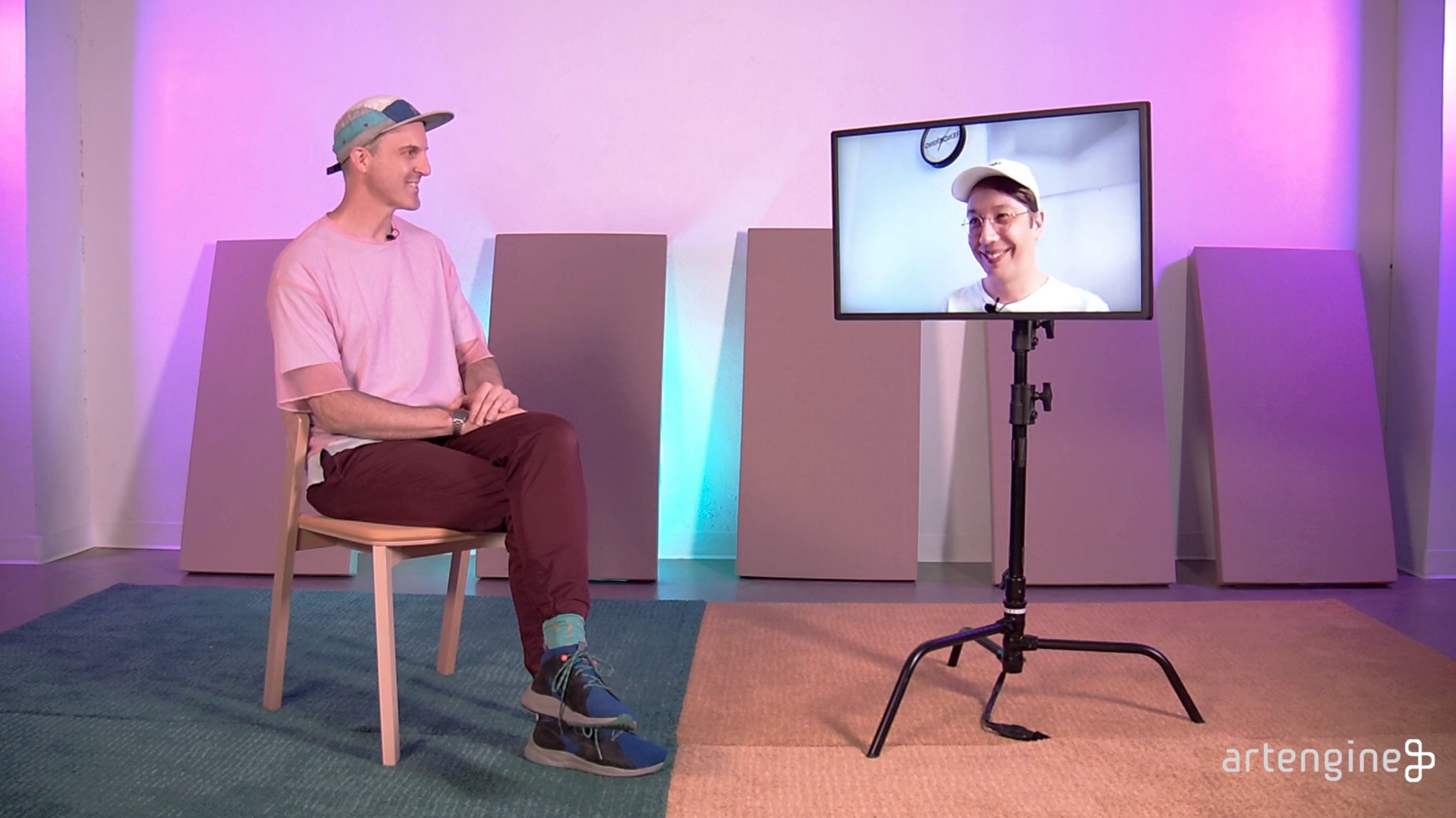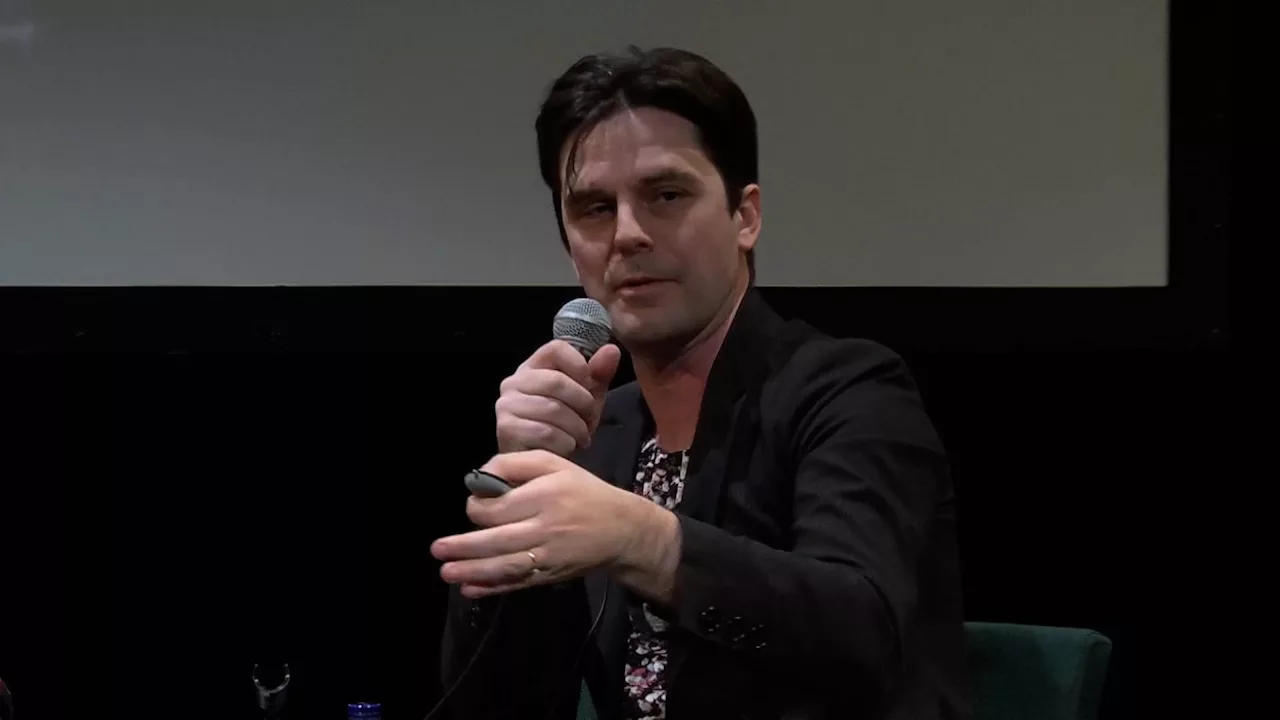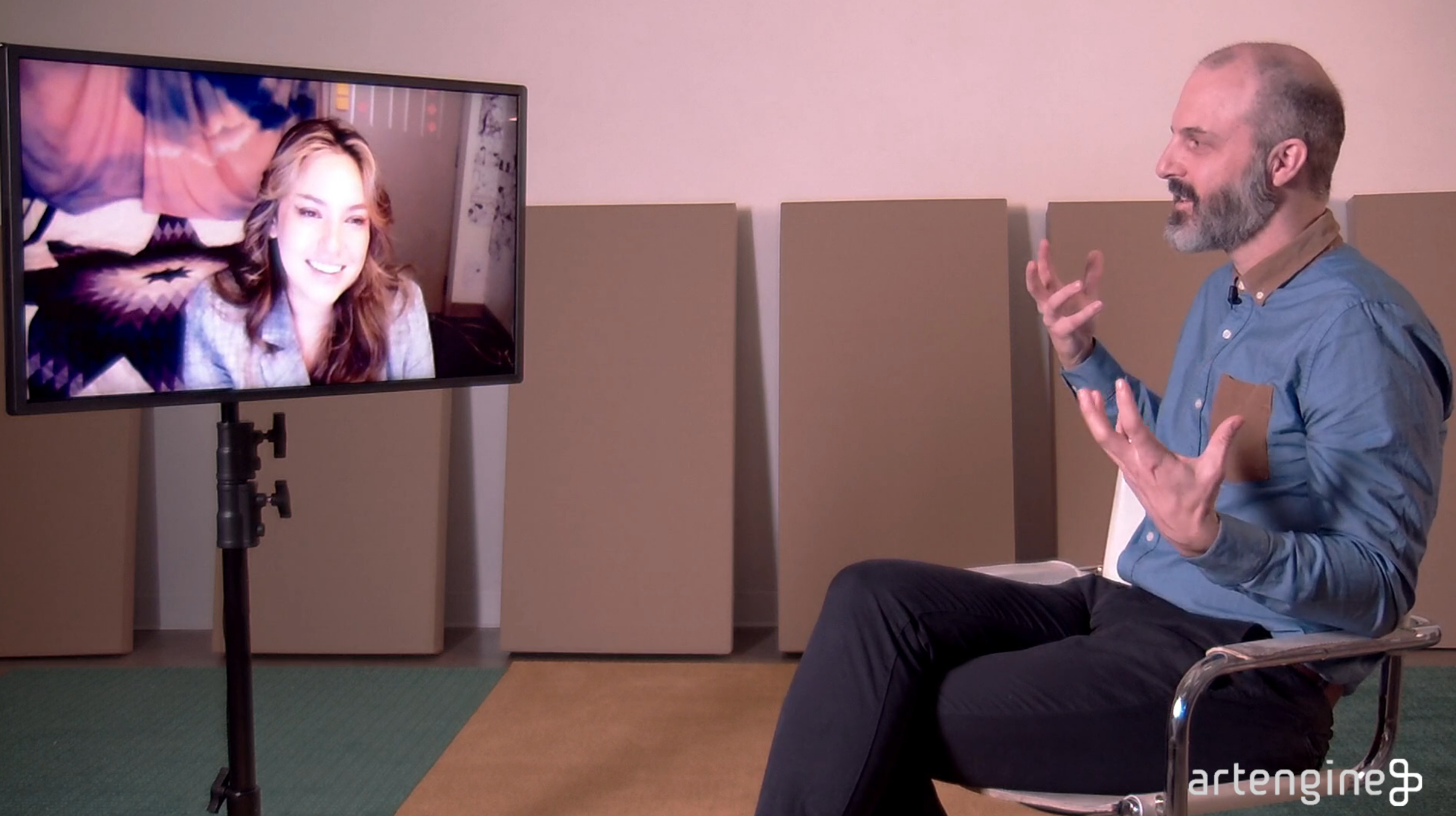Chris Salter, an accomplished artist and Concordia University professor, shared insights into his groundbreaking work during a recent artist talk. Salter, operates at the intersection of new media technology and sensory experience, holding a dual role as a professor of Computation Arts and co-director of the Hexagon Network.
In his talk, Salter contrasted two divergent projects to illustrate varied approaches to immersive experiences. The first, a large-scale Hollywood venture called “Alien Zoo,” backed by industry heavyweights like Steven Spielberg, leverages virtual reality to create a fully immersive, sensorially rich environment. This pop-up experience, a testament to the evolving cinema landscape, offers a visceral blend of virtual and tactile engagement, aiming to redefine entertainment through advanced technology.
The second project, “Haptic Field,” which has been exhibited across Europe, embodies a mixed reality approach, focusing on sensory deprivation and enhancement. Participants navigate a controlled environment wearing suits that obscure vision and enhance other senses, moving through rooms that vary in sensory input. This project challenges traditional sensory perceptions and social interactions by altering how participants experience and interact with their environment and each other.
Salter discussed the profound psychological and physical reactions participants have to these environments, from feelings of terror to ecstasy. He emphasized the transformative potential of such experiences, where the removal of visual cues and the enhancement of other senses can alter human behavior and interaction. His work not only pushes the boundaries of artistic expression but also serves as a powerful commentary on the relationship between humans and technology-driven environments.


